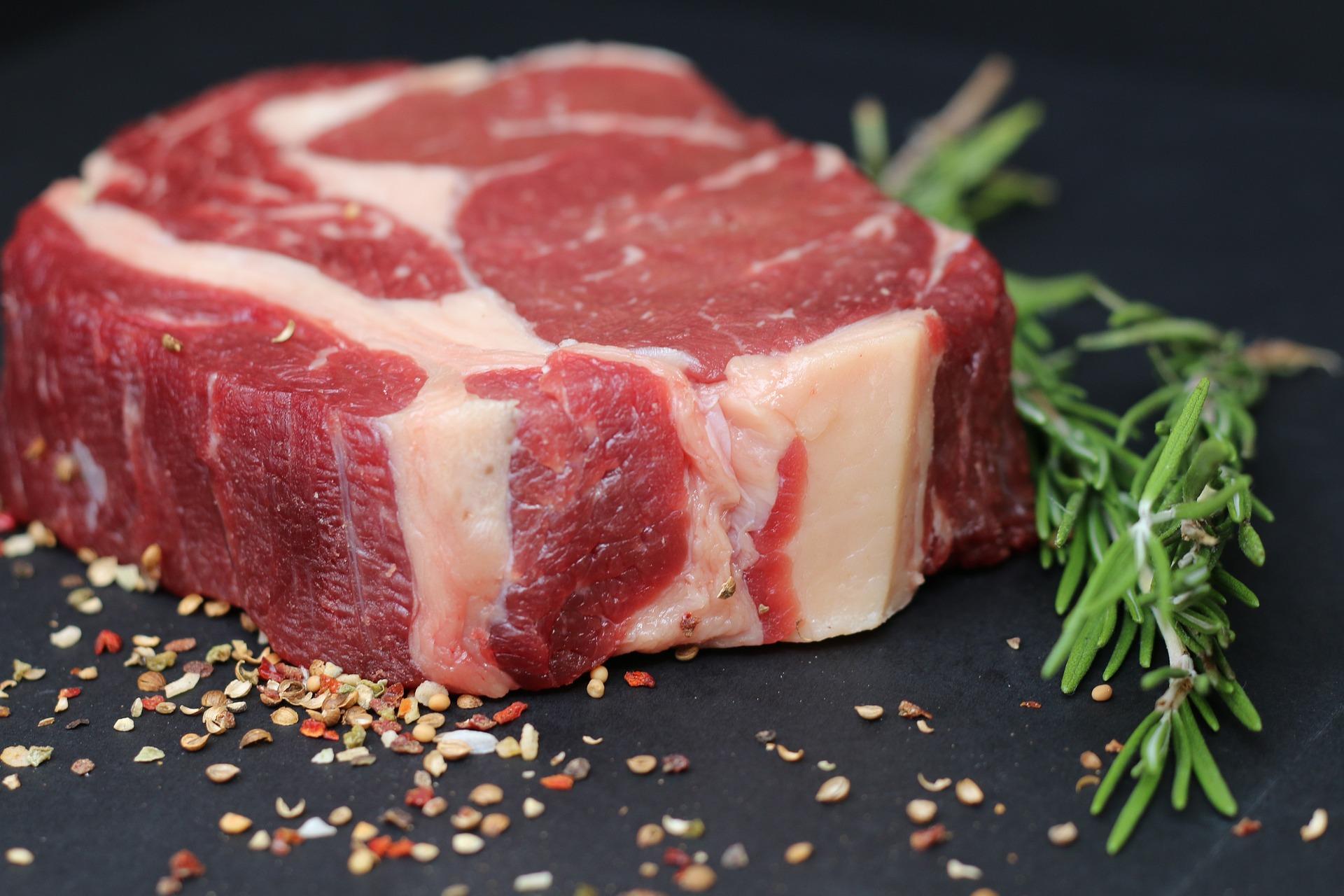
Marzo 22, 2023
Plantbased meat alternatives have been a hot topic for quite a while now, with a nice (or perhaps not so nice) blend of information and misinformation about the health and environmental effects of these innovative foods all over the media.
Next up: Cultivated meat, another potential solution to the environmental and ethical dilemma intrinsic to the modern-day animal agriculture industry. So why are so many people, including many vegans, against it?
Roberto Guerra, Alt-Protein Communications Specialist, Singular Foods.
As we all should know by now, new technologies that disrupt entire industries often spur fierce resistance among those with a stake in the industries affected, as well as the general public who is often misinformed or merely uneasy with the idea of change, regardless of how positive or negative such changes may be.
As of the moment this article was written, cultivated meat is only commercially available in Singapore, but with recent government approvals in the US, it will likely be found on supermarket shelves in North America (and eventually much of the world) quite soon.
Why is cultivated meat so important?
According to the Dutch independent research firm CE Delft, meat that is cultivated directly from cells may reduce the global warming effects of traditional animal agriculture by 92%, while producing 93% less air pollution, taking up 95% less land and using 78% less water.
At the same time, cultivated meat requires only a fraction of the animals currently needed to meet the current demand for animal flesh at a global scale, and animals do not need to be killed or even harmed for its production.
But shouldn’t we be encouraging plantbased diets instead of investing in more meat production?
It is true that red and processed meats are carcinogenic, and cultivated meat is probably not much different from traditional meat when it comes to health effects. Meats, whether they come directly from animals or from cells, are not health foods, and there is no doubt the adoption of a wholefoods plantbased diet is much healthier.
But to date, the health argument has only gone so far. Much of the global population continues to eat meat at a voracious pace, even if aware of the potentially adverse health effects of excessive meat consumption in the long term.
Even with the emergence of new information about how fantastically cruel the conventional meat industry can be to animals (and the fact that it contributes more to global warming than the entire transportation industry while provoking antibiotic resistance and, in some cases, acting as an incubator for the next potential pandemic, not to mention the enormous water footprint of animal ag at a time of increasing water scarcity), global meat consumption is expected to increase by an additional 14% by 2030.
Efforts to convince the general public to ditch animal flesh have not been effective enough.
Developing countries are consuming more meat than ever before, while still only a small percentage of the global population identifies as vegan or vegetarian, and that percentage is not growing as quickly as many would like to believe.
Take smoking, for example. The knowledge of its detrimental health effects have been known for decades. There’s no doubt global tobacco consumption has gone down significantly compared to years past, but even with pictures of charred lungs on cigarette packs, in China 25% of the population still smokes (that’s 363 million smokers, more than the entire US population), in France it’s 35%, and close to half of the entire population of Chile smokes on a regular basis, according to World Population Review.
Alcohol is also carcinogenic and has many other negative health effects, but this hasn’t exactly stopped most people from heading out to the bar.
Meat is not healthy, but not nearly as unhealthy as tobacco, and efforts to convince the general public to ditch animal flesh have not been effective enough. The example of how many smokers and drinkers there still are in the world shows how people will hold onto whatever is dear to them, regardless of the consequences, even to the detriment of their own health.
Cultivated meat may be as unhealthy as conventional meat, but the external costs of the former are virtually nonexistent compared to those of the latter, while having the potential to taste exactly the same (human beings can still benefit from cultivated meat with the potential for reduced levels of antibiotic resistance, water depletion, land use and climate change).
Instead of chasing the unrealistic goal of getting the entire world to adopt a healthy plantbased diet within a few years, as ideal as that would be, perhaps we should embrace the future of meat, which is cell-based, to the benefit of this planet and the animals that live on it, including ourselves.

Looking to the future
Singular Foods is invested in changing the way we think about food. Either by bringing attention to the burgeoning food innovation sector by way of our business events, our Tast-In and Froof food design labs, or our food consulting services, we are actively working to help the food sector adapt to the need for food system change and evolving consumer demands.
If you are a plantbased food startup or a traditional food company and would like to enter the alt-protein space, we are here to help.
Contact us here: info@singularfoods.net
